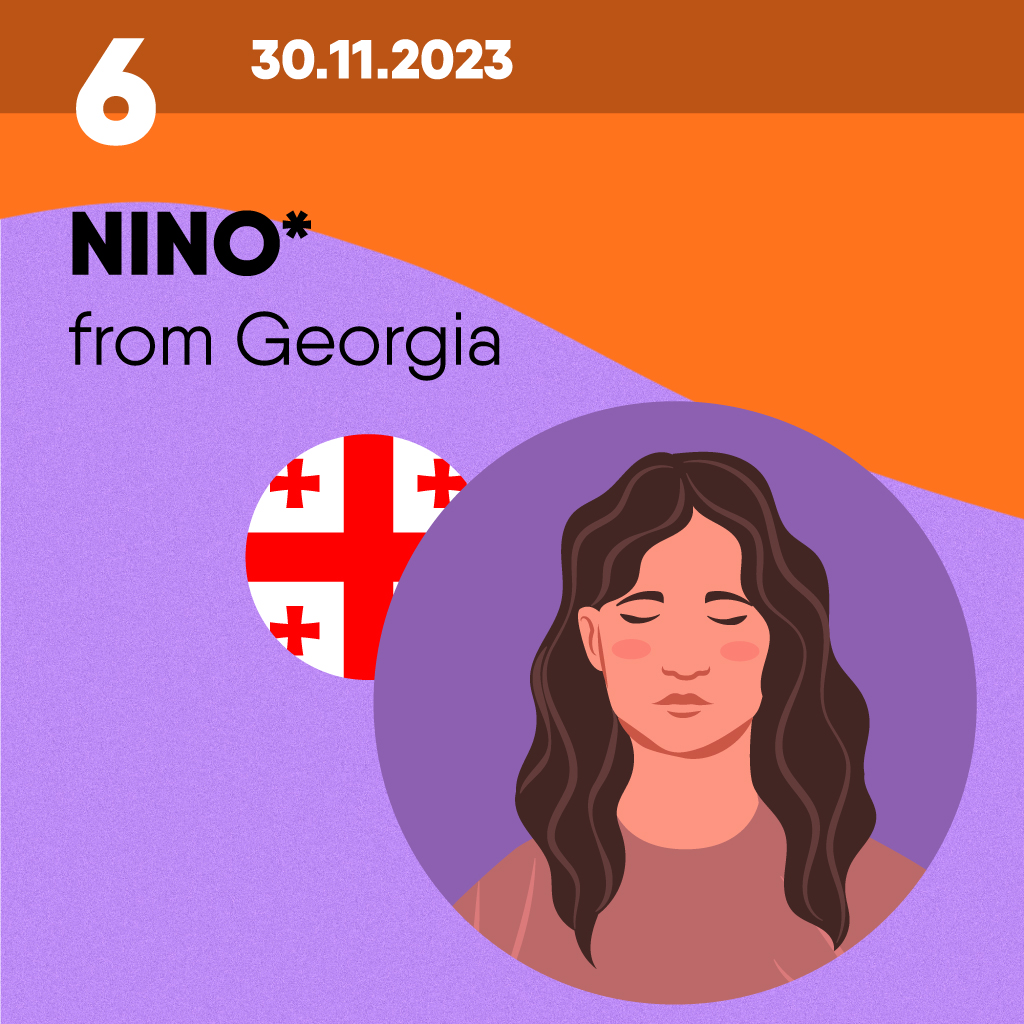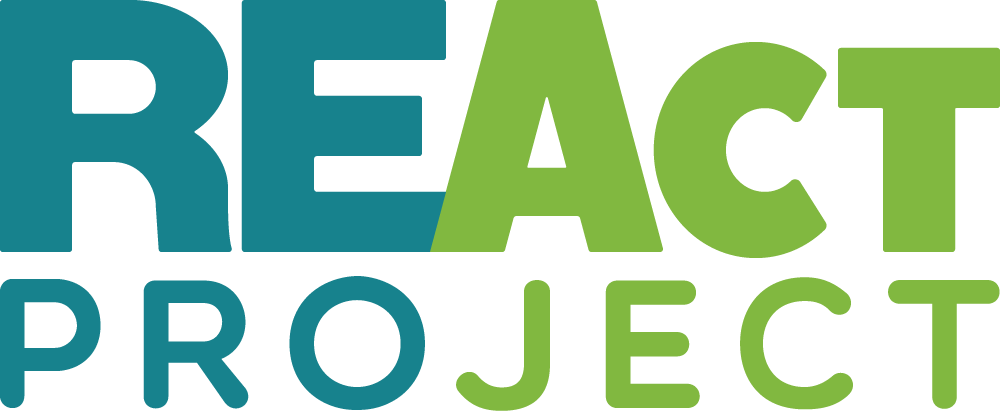
In recent years, Georgia has made significant progress in combating violence against women and domestic violence, especially in terms of criminal prosecution of such crimes, as well as the improvement of victim protection and assistance mechanisms. In 2017, Georgia ratified the Council of Europe Convention on the Prevention and Suppression of Violence against Women and Domestic Violence (Istanbul Convention) and took measures to bring Georgia’s legislation into line with the Convention. Currently, the legislation defines various forms of violence against women and provides important mechanisms for responding to violence.
Despite positive changes, women belonging to vulnerable groups face special barriers in accessing justice for sexual violence. Barriers, in many cases, are caused by inappropriate or discriminatory legal regulation, stigma against vulnerable women, and inadequate preparation of judicial bodies in criminal prosecutions to the specifics of vulnerable groups. Since women representing the mentioned groups face special barriers in terms of using legal means and practice on these issues is extremely rare, and it is impossible to obtain important information about their specific problems. REAct is the only possibility in terms of identifying their problems and needs. Despite the existing problems, in most cases, the police react positively to the violence against sex workers, as evidenced by the cases registered in the REAct system.
Nino (name changed), sex worker, 33 years old
The beneficiary is a sex worker, 33, who was married and divorced due to abuse, was systematically subjected to psychological and physical abuse by her husband, mainly due to jealousy and an alleged association with sex work. After one of the incidents, she turned to the patrol for help with the children. They were given the status of victims and placed in a shelter.
Lika (name changed), sex worker, 31 years old
The commercial sex worker provided service to the client, but upon arrival demanded to establish an unspecified and unacceptable relationship for her, after which she verbally abused her, then proceeded to physical violence. However, with the help of a friend, the beneficiary managed to contact the police, and the offender was arrested.
According to the current situation in Georgia, the police react immediately and strictly against violence against women, based on the existing legislation, including violations of the rights of women sex workers.
Kakha Kvashilava, REAct National Coordinator: “In our practice, it has never happened that the police refuse to initiate an investigation or do not respond because the victim is a sex worker. The attitude towards violence in the country is as strict as possible, therefore the attitude of the police towards the victim from this key group is the same as in any other case: adequate and within the framework of the powers granted by law. That is why affected sex workers have recently turned to the police more and more often, and their confidence has increased to a certain extent. This is facilitated by the fact that to combat violence against women, national mechanisms and institutions have been created that are developing positively, legal norms are being improved, public awareness is being raised, and the office of the public defender is actively working. The state mechanism against violence exists at a high level of the hierarchy – the government. And criminal, civil, and administrative mechanisms are used to detect and prevent violence against women and/or domestic violence.
Therefore, if necessary, it is enough for the victim to call 112 and report the incident, which will be followed by an immediate response from law enforcement agencies.”
The REAct team hopes that the current situation will improve further and that other vulnerable groups’ rights violations will be dealt with fairly and immediately.
As part of the regional campaign “Push forward! To end violence against women and girls”, REAct organized a series of webinars on how to counteract gender-based violence and how to qualitatively help women who come forward. Recordings of webinars in English, Ukrainian, and Russian are available below. In 2023, we encourage new listeners to view the webinar recordings. From November 25, 2023 to January 31, 2024, each participant receives a unique opportunity to take a short test and receive a personalized online certificate.Visit useful materials on the REAct website for more useful courses and publications. Operative data regarding human rights violations of vulnerable to HIV/AIDS communities is available as well on country data factsheets. Read more success stories of response here.



